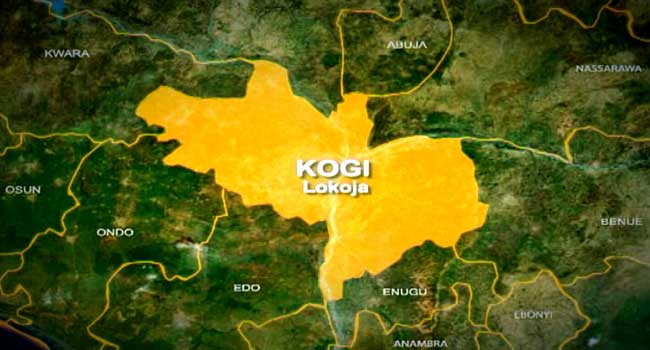Paragraph 1: Stagnant Road Rehabilitation and Advance Payments
The rehabilitation of the Dekina-Ugbabo Road in Kogi State has encountered a significant setback, with progress stalled at a mere one percent completion despite the contractor, TEC Engineering Company Nig Ltd, receiving a substantial N1 billion advance payment. This revelation came to light through a statement issued by the Minister of Works, David Umahi, highlighting the stark contrast between the allocated funds and the minimal work accomplished. The project, awarded in 2022, was originally slated for completion in 2024, but the current pace indicates a severe deviation from the planned timeline. This raises concerns about the effective utilization of public funds and the commitment of the contractor to deliver on the agreed-upon terms.
Paragraph 2: Ministerial Intervention and Revised Completion Targets
Minister Umahi, in response to this concerning development, has taken decisive action to address the project’s stagnation. He convened a meeting with the contractors involved in both the Dekina-Ugbabo Road and the Okene-Ajaokuta-Itobe dual carriageway projects, both located in Kogi State. During this meeting, the minister expressed his disapproval of the contractors’ failure to meet project milestones despite the significant financial resources provided by the Federal Government. A revised target has been set for TEC Engineering, requiring them to lay three kilometers of asphalt by December 2025. Following this milestone, a final account will be settled based on the completed work, and the contract will be mutually terminated.
Paragraph 3: Financial Recalibrations and Contractual Adjustments
The financial implications of the project’s delay have also been addressed. The assessment of funds already disbursed to TEC Engineering will be based on the original contract rates, while any future funding accessed under the 2025 budget will be subject to revised rates. This approach aims to ensure financial accountability and reflect the changed circumstances of the project. Furthermore, the consultancies associated with both the Dekina-Ugbabo and Okene-Ajaokuta-Itobe projects are to be mutually terminated. This decision paves the way for the procurement of new contracts and the engagement of fresh consultancies to oversee the remaining work.
Paragraph 4: Concerns Over the Okene-Ajaokuta-Itobe Dual Carriageway
The Okene-Ajaokuta-Itobe dual carriageway project, also awarded to CCECC Nig Ltd in 2022, faces similar challenges. Despite a larger advance payment of N2.5 billion, the project has only reached a 1.97 percent completion rate, specifically on the binder layer of one alignment. Minister Umahi has directed the Director of Highway North Central to issue a warning letter to CCECC Nig Ltd, demanding that they resume work within 30 days and achieve a milestone commensurate with the funds received. This action underscores the ministry’s commitment to holding contractors accountable for their performance and ensuring that public funds are utilized effectively. The remaining portion of the contract, after this 30-day period, is slated for mutual termination, allowing the Ministry to re-procure the outstanding work under enhanced funding and execution strategies.
Paragraph 5: The Tinubu Administration’s Infrastructure Focus
The Minister’s actions reflect the broader infrastructure development agenda of the President Bola Tinubu administration. The government is committed to a “road infrastructure revolution” guided by the principles of quality, speed, and value for money in project delivery. This emphasizes a shift towards efficient and transparent project management, ensuring that allocated funds translate into tangible progress and improved infrastructure. The decisive steps taken with these two Kogi State road projects demonstrate the administration’s resolve to address delays and ensure that infrastructure projects deliver the intended benefits to the public.
Paragraph 6: Re-procurement and Enhanced Project Management
The mutual termination of existing contracts and subsequent re-procurement of the remaining work signifies a strategic approach to project management. This allows the Ministry of Works to reassess project scopes, timelines, and funding mechanisms, ensuring a more efficient and effective execution of the projects moving forward. The re-procurement process will also provide an opportunity to engage contractors who demonstrate a strong commitment to timely delivery and adherence to quality standards. This renewed approach aims to mitigate further delays and ensure that these vital road infrastructure projects are completed to the benefit of the communities they serve. Furthermore, the termination of existing consultancies allows for a fresh perspective and expertise to be brought in, ensuring robust oversight and project management in the subsequent phases.


